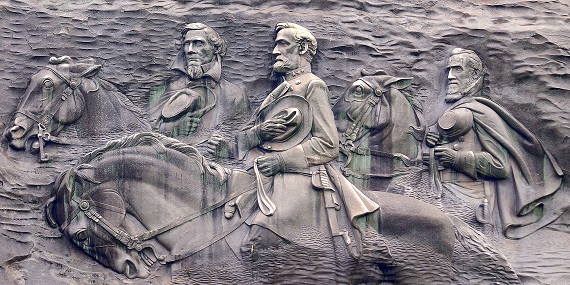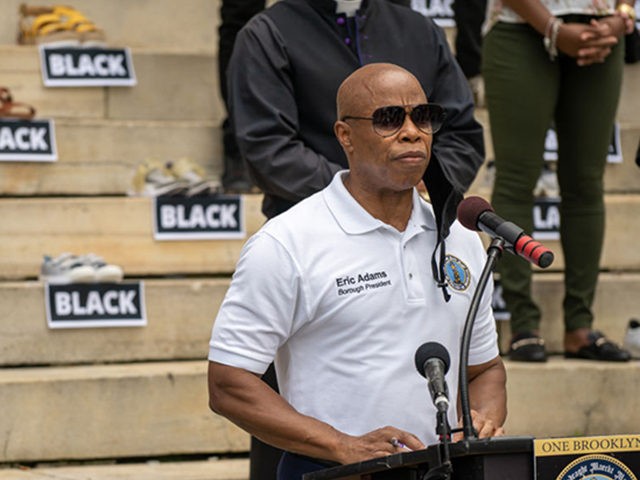Via Virginia

‘Hate’
is such an ugly word. And such a juvenile word. It calls to mind the
stereotypical eight-year-old girl who screams “I hate you!” to her
mother when she is not allowed to join the local sleep-over. The word
is most often used half-jokingly—“I hate the Yankees!”, “I hate
broccoli!”, etc.—or to describe some detested task (“I hate cleaning the
bathroom”). Or it can be used for rhetorical effect. But the use of
the term in the context of ‘hate speech’ is silly, juvenile, and
formally meaningless. We may dislike someone or some group, or be
repulsed by them, or wish to dissociate from them. But to hate them?
Seriously—what mature individual today is willing to openly and
earnestly say “I hate you” to anyone? Only a highly insecure or
severely distressed person would do such a thing. It’s a sign of
weakness.
And
yet today, hate seems to be the ethos of the moment. More specifically,
we seem to be surrounded by talk of ‘hate speech’ in the mass media.
To judge by various headlines and liberal pundits, hate speech would
appear to be among the greatest dangers of modern existence—on par with
racism and “White supremacy,” and greater than political corruption,
international terrorism, global pandemics, financial instability,
environmental decline, overpopulation, or uncontrollable industrial
technology. Most European countries have legal prohibitions against
various forms of hate speech, however ill-defined, as do Canada and
Australia. Even in the US there is increasing pressure to create legal
sanction for some such concept, the First Amendment notwithstanding.
More @ UNZ




